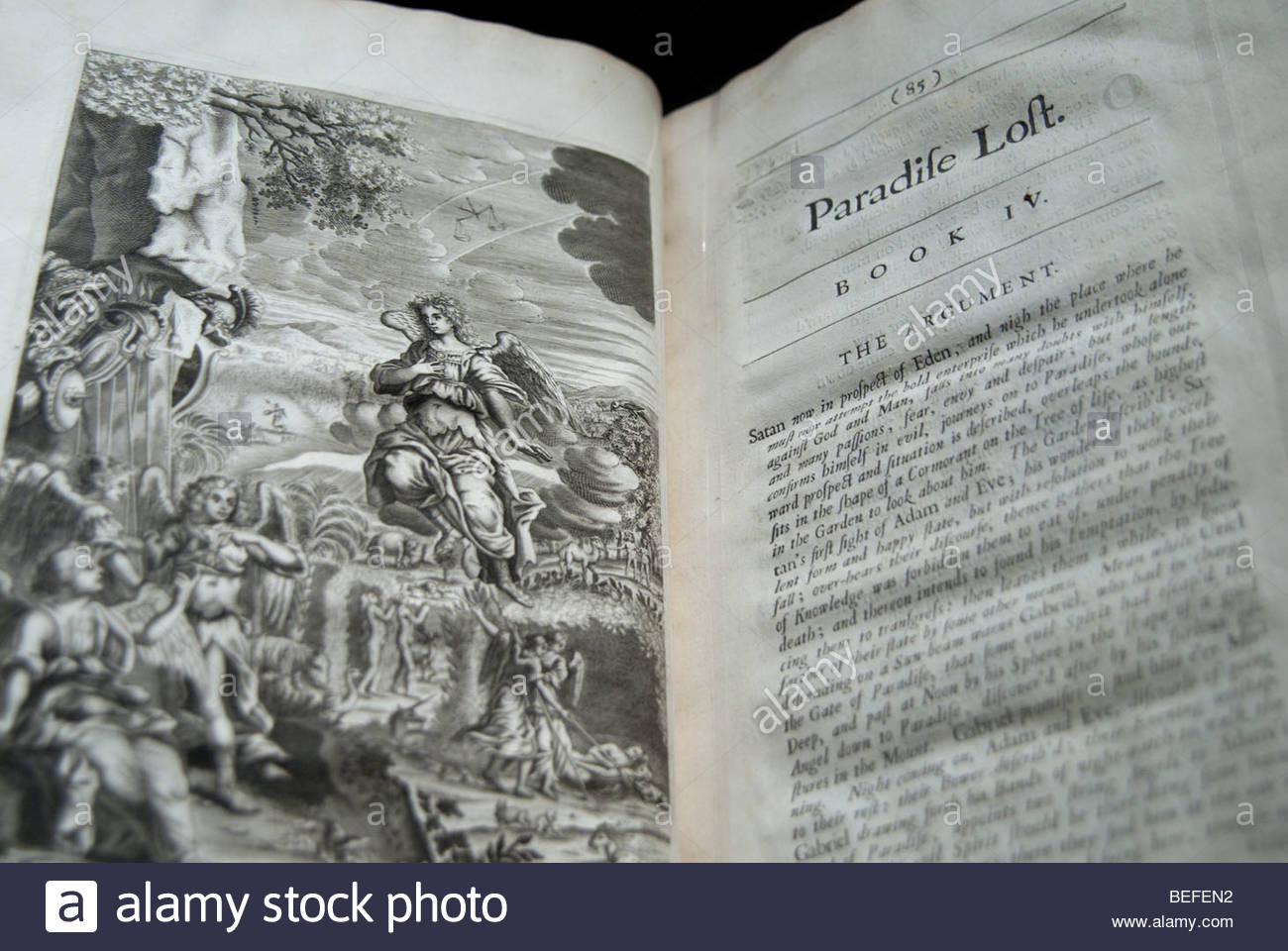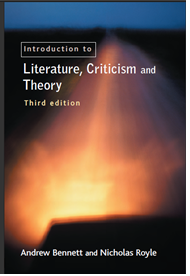
MA I Literary Movements I
The selected texts represent a historical progression of literature analysis as well as the ideological impulses that have modified the practice of literary studies.

PAPER III OPT 3: BRITISH LITERATURE -I
The objective of the paper is to provide an overview of the literature of the English Renaissance, Reformation and Restoration times. The course will concentrate on English Renaissance 1500- 1660 during which the students will be introduced to the spirit of optimism, unlimited potential, stoic English character and underlying complexities of an age that produced some of the greatest works of literature the world has known. The goal will be to trace the key political, cultural and artistic transformations while paying close attention to continuities with medieval tradition. At the end of the course the students will not only be well versed with the iconic writers and representative texts of the time but will also be critically aware of the important intellectual shift that occurred in the human thought during the Renaissance. Renaissance overlaps with most of Reformation of the Western Church. The paper thus also focuses on the political, social and cultural impact of the Reformation in England and the literature of the time in addition to covering the English Restoration Period (1660-1700). The objective again is to familiarize the students with the major trends, ideas, genres, poetic forms and prose of these periods. The students at the end of the course would have explored a very turbulent chapter in English history.

PAPER II APPROACHES TO LITERARY CRITICISM - I
OBJECTIVES: The objective of the course is to familiarize students with various approaches to literature, and the particular worldviews these are based on. The students should be able to relate literary texts to their lives in terms of their own times and location. The number of approaches suggests that there is no one privileged way to understand a text, and that a text can yield multiple meanings if it is accessed through different worldviews. Each approach has a claim to total meaning till it is countered by another equally compelling approach. Each approach has its own well-argued theoretical base, a set of tested tools and a sustained methodology to help the student to navigate through the text with a degree of precision. These approaches put together give rise to what is often called as critical pluralism.
Testing: The paper shall consist of five questions of 16 marks each, one from each unit. The questions shall be designed in such a way that they focus more on the candidate’s understanding of the issues involved in literary studies, and not just his/her capability for memorizing information. Also, there should be questions of a practical nature in which the candidate has to apply his/her analytical skills to literary texts. Each question shall have internal choice, and is to be answered in 500-600 words. The paper shall carry a total of 80 marks. Internal assessment shall carry 20 marks.
